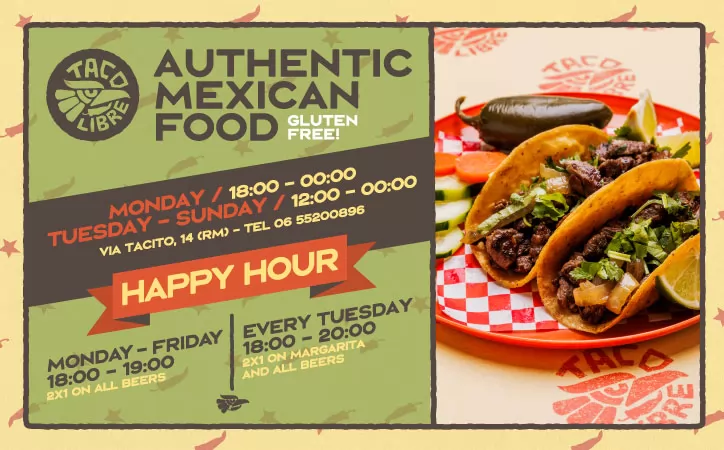As one of the world’s most beautiful and intriguing cities, Rome consistently attracts millions of tourists every year.
But with such a large number of visitors to the city each month, there are always some business owners, hawkers and petty criminals keen to exploit foreigners’ naivety for financial gain.
While most people and businesses are honest and welcoming to tourists, there are a few scams to look out for during your stay in the Eternal City.
Tourist-only restaurants
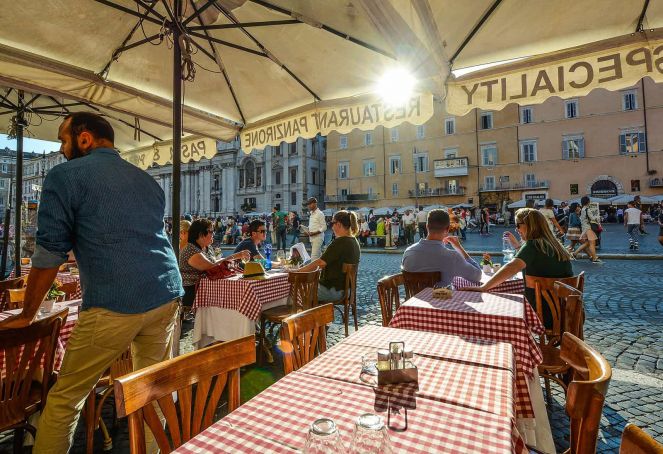
While walking down the street, you will hear the restaurant before you see it, as the waiting staff will be lining the streets, trying to usher you inside.
Any restaurant worth their salt in Rome will be far too busy to waste time convincing you to eat there. In fact, you will probably either have to book a table in advance or wait patiently outside until a coveted spot becomes free.
Due to their splendid locations in the shadows of Rome’s hotspots, the owners of these restaurants pay sky-high rent. This is, of course, reflected in the quality of the food. After all, who can afford sky-high rent and top quality ingredients at the same time? This often results in poor quality fare disguised as authentic Roman classic dishes like carbonara and amatriciana. No Italian would be caught dead eating at one of these tacky establishments. Do a little research and explore the backstreets to uncover some hidden culinary gems.
Kiosks
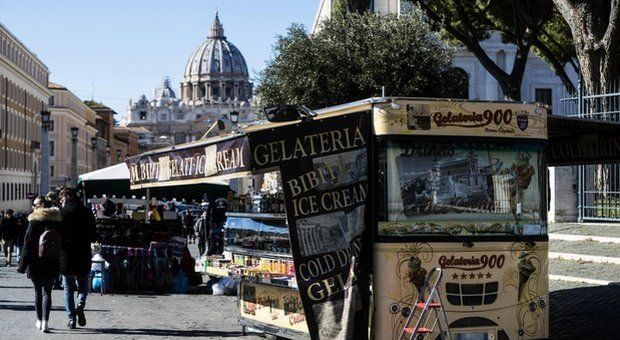
But these kiosks can charge extortionate prices – even asking as much as five euros for a small bottle of water in some cases, which should cost between 50 cents to one euro.
Again, all the menus will be in English only – the absence of Italian being a sure sign of a scam.
‘Gifts’ on the street
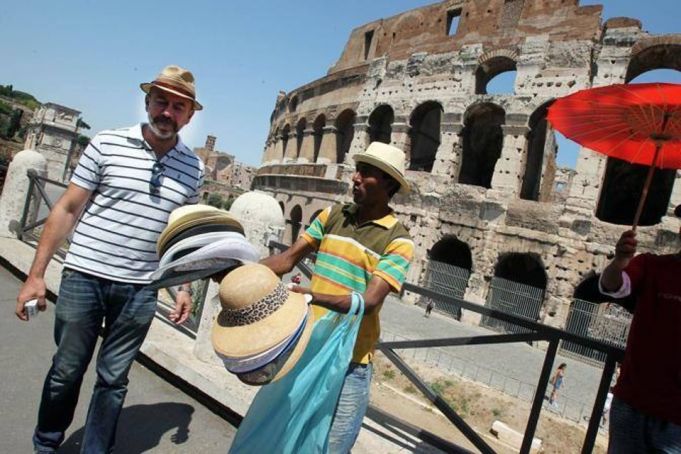
The same applies to the hordes of flower-sellers pushing bunches of roses in your face on the street or sometimes even inside bars and restaurants.
Just ignore their persistence, give a firm ‘no’ and walk away.
Pickpockets
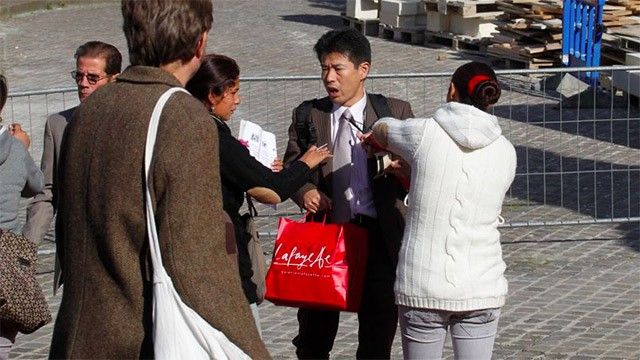
Just keep your eyes peeled, your valuables locked in a safe if possible, your bags closed and close and your wallet carefully concealed.
Gelato
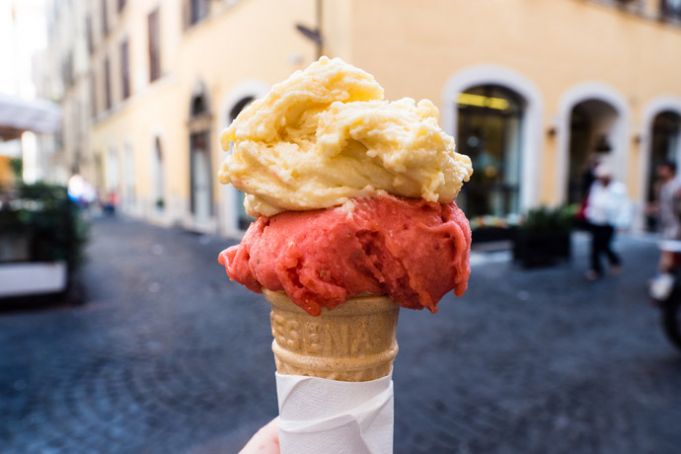
The best way to tell real gelato from fake is to look at the colours, quantities and flavours on display.
If you see neon green pistachio instead of a more brownish hue of green, avoid.
And if the gelateria boasts flavours like bubblegum and raspberry ripple, in huge whipped heaps in aluminium trays, these are best dodged in favour of a smaller outlet serving quality artisanal produce.
by Catherine Evans



